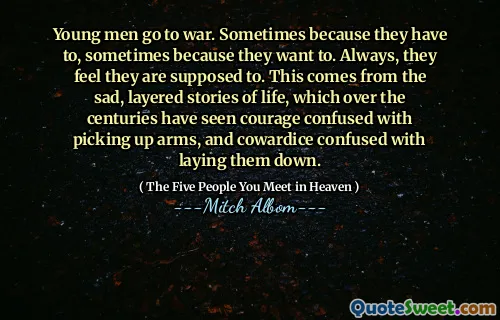
I suffer the mortification of seeing myself attacked right and left by people at home professing patriotism and love of country who never heard the whistle of a hostile bullet. I pity them and the nation dependent on such for its existence. I am thankful, however that, though such people make a great noise, the masses are not like them.
This quote eloquently highlights the frustrating disconnect between superficial patriotism and the realities of true sacrifice and service. The speaker observes how some individuals at home loudly advocate for their country, claiming to harbor deep patriotic feelings. However, these same individuals have never confronted the dangers faced by soldiers in wartime—the 'whistle of a hostile bullet' symbolizes proximity to mortal danger. The speaker's tone suggests a sense of disappointment and perhaps even condescension toward these untested supporters who, despite their loud protests, lack genuine experience or understanding of what real patriotism entails. Interestingly, the speaker extends compassion for the nation relying on such individuals for its identity, implying that the true strength lies with those who have endured hardship and danger—namely, the soldiers and those who have sacrificed in actual conflict. There's an underlying acknowledgment that true patriotism requires more than words; it demands personal risk, commitment, and resilience. The latter part of the quote suggests optimism that genuine patriotism isn't solely driven by loud expressions but also by the quiet, unheralded contributions of the masses who endure adversity. This quote encourages reflection on the distinction between superficial nationalism and authentic devotion to one's country, urging one to consider the importance of sacrifice and the true meaning of patriotism beyond mere words or loud displays.







